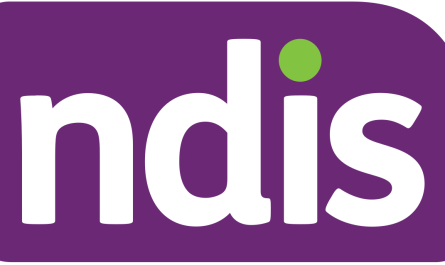Inequality reasoning problems are a staple in many competitive exams, challenging test-takers to demonstrate their analytical skills and logical prowess. Often set in a mathematical framework, these questions require a strategic approach to decode complex patterns and relationships. So, this article delves into the nuances of mastering Inequality reasoning questions, providing insights and strategies for aspirants to excel in this challenging segment of competitive examinations.
Grasping the Fundamentals
Inequality reasoning involves comparing quantities or values to determine their relative magnitude. These problems usually present a series of statements using symbols like > (greater than), < (less than), ≥ (greater than or equal to), and ≤ (less than or equal to). The key to solving these problems lies in understanding these symbols and how they interact within a given set of data.
Strategies for Approaching
To tackle inequality reasoning effectively, a systematic approach is essential. Start by familiarizing yourself with the basic concepts and symbols, such as understanding how different inequalities relate and interact. Practice is paramount; engaging with a wide range of questions, including those that blend inequalities with other mathematical concepts, can significantly enhance problem-solving skills. This diverse exposure ensures a well-rounded understanding, preparing you for various scenarios in competitive exams.
Breaking Down Complex Relationships
Inequality reasoning often involves multi-layered relationships that can seem daunting at first glance. However, breaking down these relationships into simpler parts makes the process more manageable. One effective strategy is to create a visual representation of the data, such as a chart or a diagram, to better understand the relationships between different elements. Therefore, this approach not only simplifies complex information but also aids in retaining and recalling key details during the exam. Utilizing visual tools can transform a challenging problem into a more approachable task.
Time Management Skills
Competitive exams are time-bound, making efficient time management crucial. When dealing with inequality reasoning, it’s important to allocate time wisely. Avoid spending too much time on a single question. If a particular problem seems too complex, it may be more strategic to move on and return to it later if time permits. This approach prevents getting stuck and ensures coverage of more questions. Developing the skill to quickly assess and prioritize questions based on difficulty and familiarity can significantly boost overall performance in the exam.
The Role of Practice and Persistence
Consistent practice is the cornerstone of mastering inequality reasoning. Regular exposure to different types of questions enhances familiarity and boosts confidence. Moreover, persistence in tackling challenging problems can significantly improve problem-solving abilities. It’s also beneficial to analyze mistakes and understand where errors occur, as this insight helps avoid similar pitfalls in the future. So, engaging in timed practice sessions can also mimic exam conditions, preparing you for the test environment and improving your time management skills.
Leveraging Study Tools for Enhanced Learning
PDF study tools have become invaluable for exam preparation in the virtual environment. These resources offer the convenience of structured learning material that can be accessed anytime, anywhere. A comprehensive PDF guide on inequality reasoning can provide a wealth of practice questions, explanatory solutions, and tips to navigate these tricky problems.
Final Thoughts and Tips for Success
As you embark on your journey to conquer inequality reasoning in competitive exams, remember that success lies in a blend of understanding, practice, and strategy. Utilize available resources, such as comprehensive PDF study guides, to their fullest potential. Stay dedicated to your practice regimen and be persistent in your efforts.
Conclusion
In conclusion, mastering inequality reasoning questions is a significant step toward success in competitive exams. By building a solid foundation, honing time management skills, and leveraging digital tools like PDF guides, aspirants can significantly enhance their exam performance. Remember, mastery is a journey of continuous learning and practice. Stay focused, stay persistent, and success will follow
